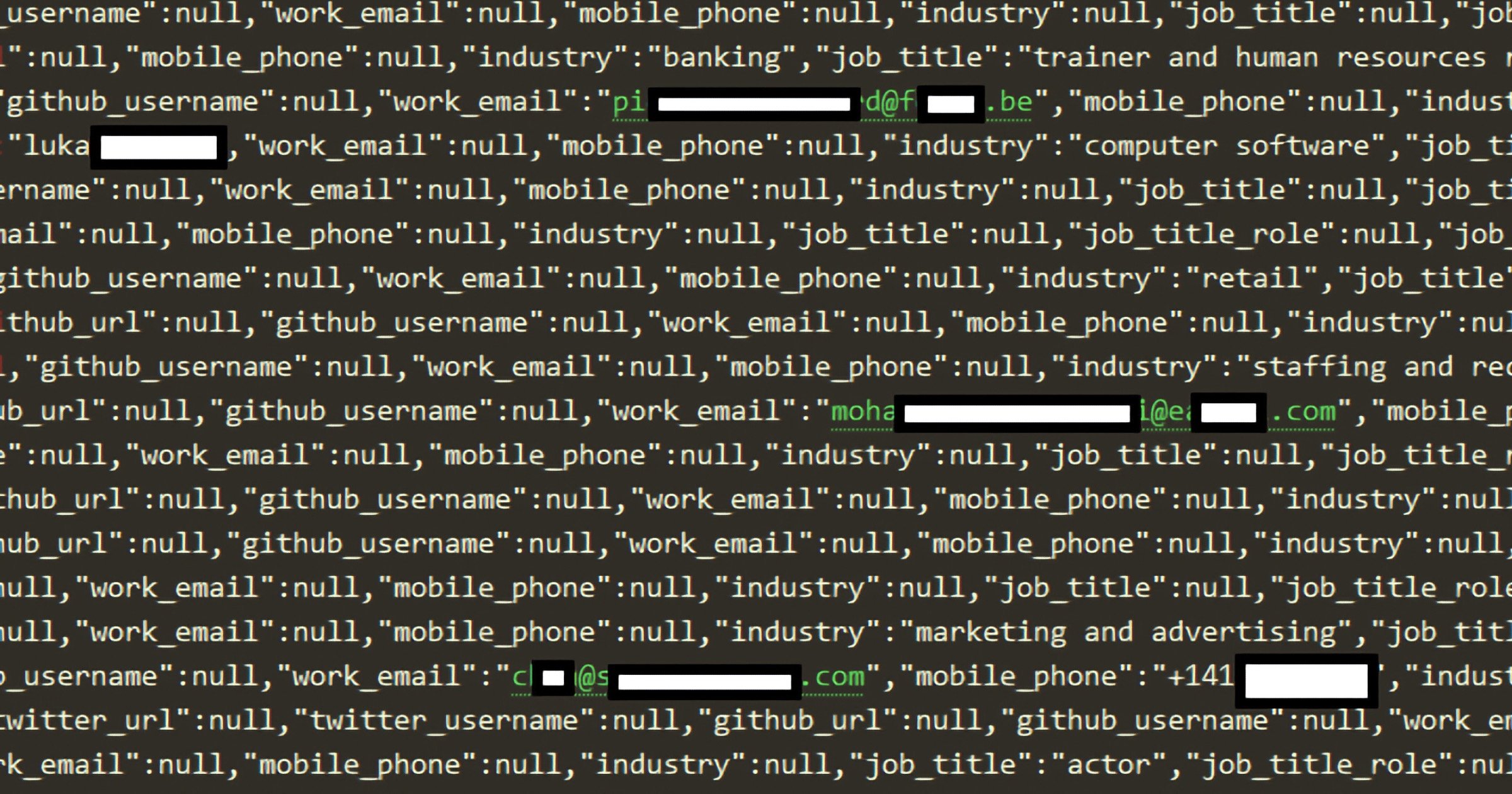A new leakage data appeared on an underground forum. It contains data of 500 million LinkedIn users and is offered for sale.
The hacker who managed to extract them from the social network owned by Microsoft has already published two million user files as proof that the data is real.

A file of stolen data allegedly containing 500 million LinkedIn profiles has been put up for sale on a popular hacking forum. The 2 million user records that have been posted as proof that this is real data can be viewed on the forum for $2. The 500 million accounts are offered for a four-figure minimum (payable in Bitcoins).
Based on the samples that security researchers were able to see in the released files, the files seem to contain a lot of professional information, mainly from LinkedIn profiles.

This information, although mostly visible in profile, is of great interest to cybercriminals.
Registrations have the following fields:
LinkedIn IDs
Full names
Email addresses
Telephone numbers
Sex
Links with LinkedIn profiles
Links to other social media profiles
In addition, there are job titles and other job-related data.
In fact, people on LinkeIn publish their data on their profiles so that third parties can find them. The whole theme however, it also has its drawbacks, because the data from the leaked files can be used against LinkedIn users by malicious users in a number of ways:
Carrying out targeted phishing attacks
Spamming 500 million emails and phone numbers
Violation of LinkedIn profile passwords and email addresses.





